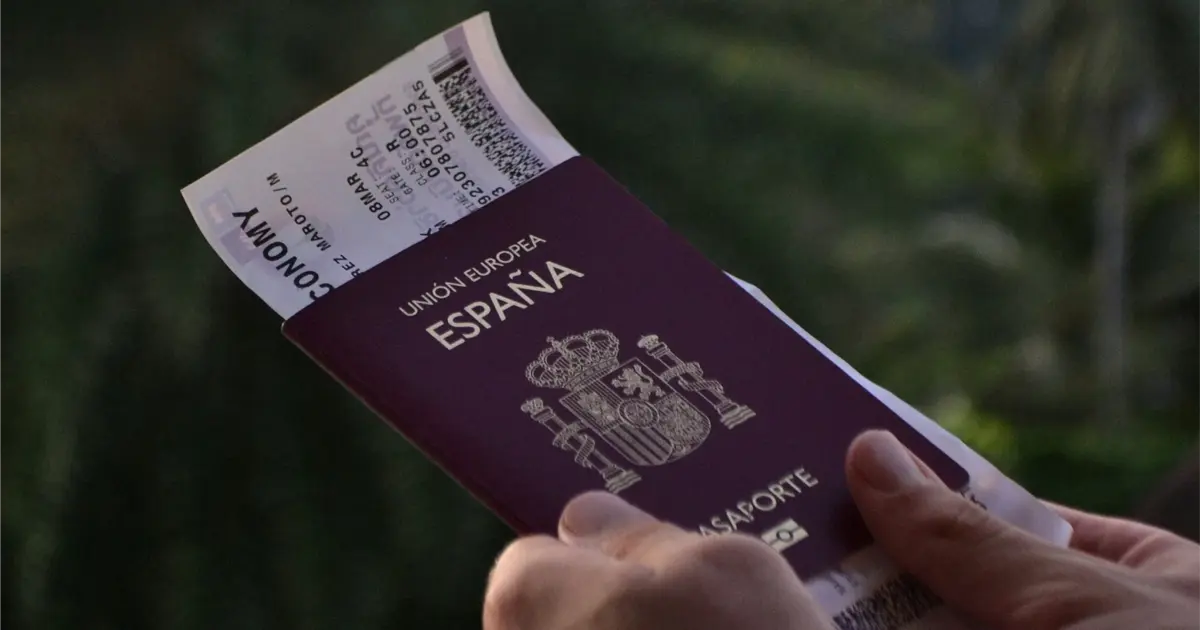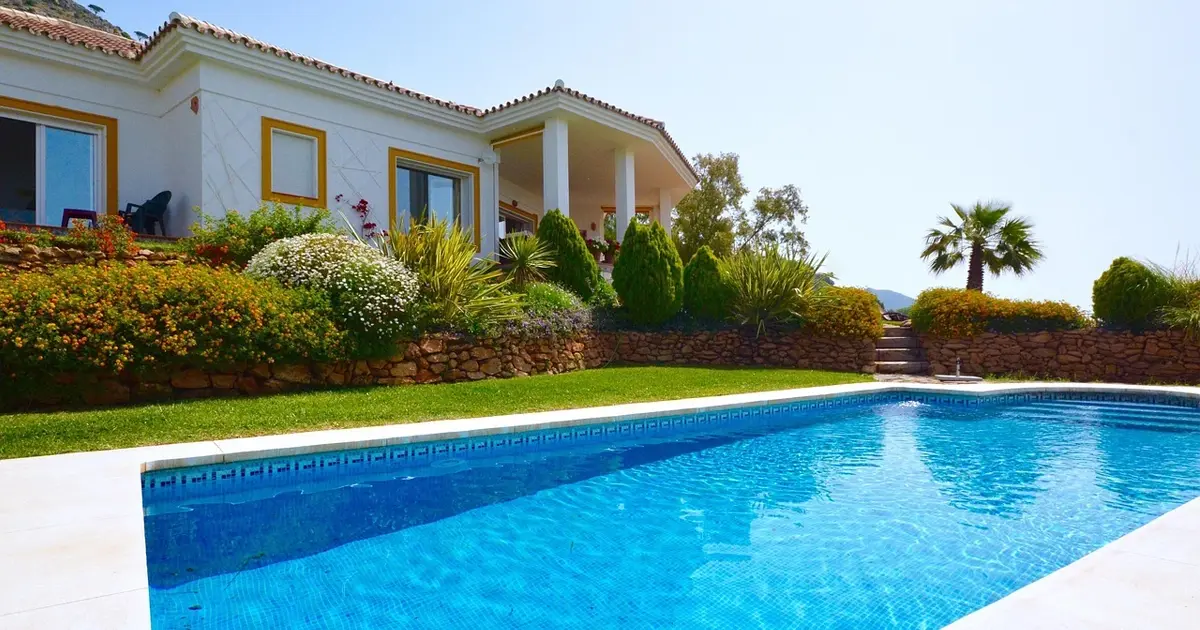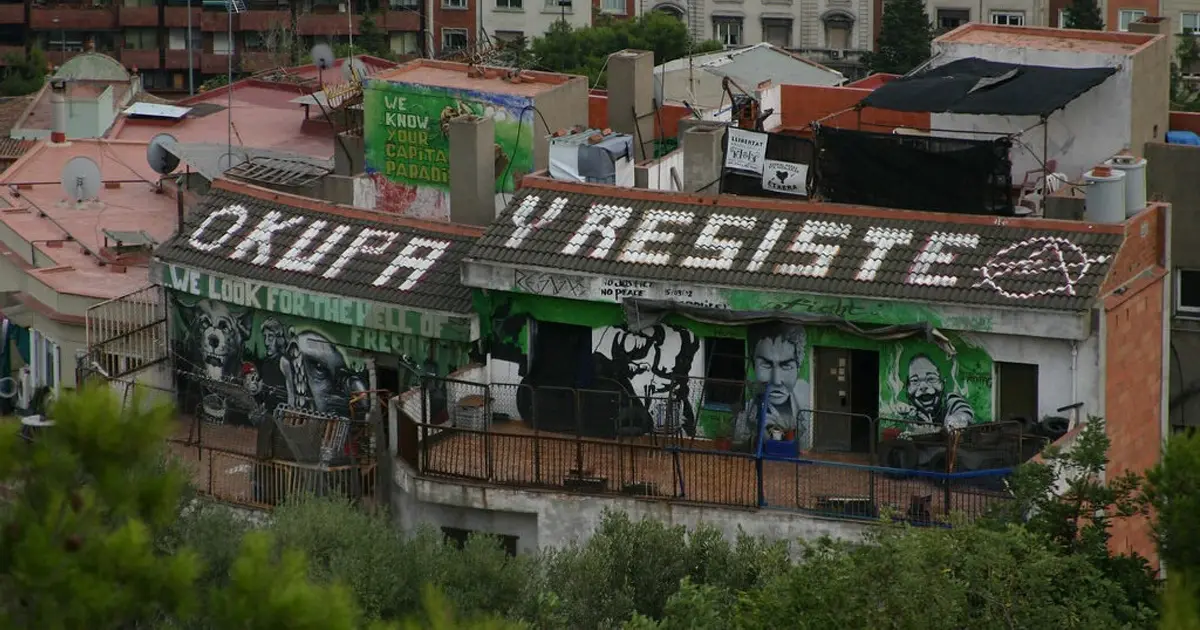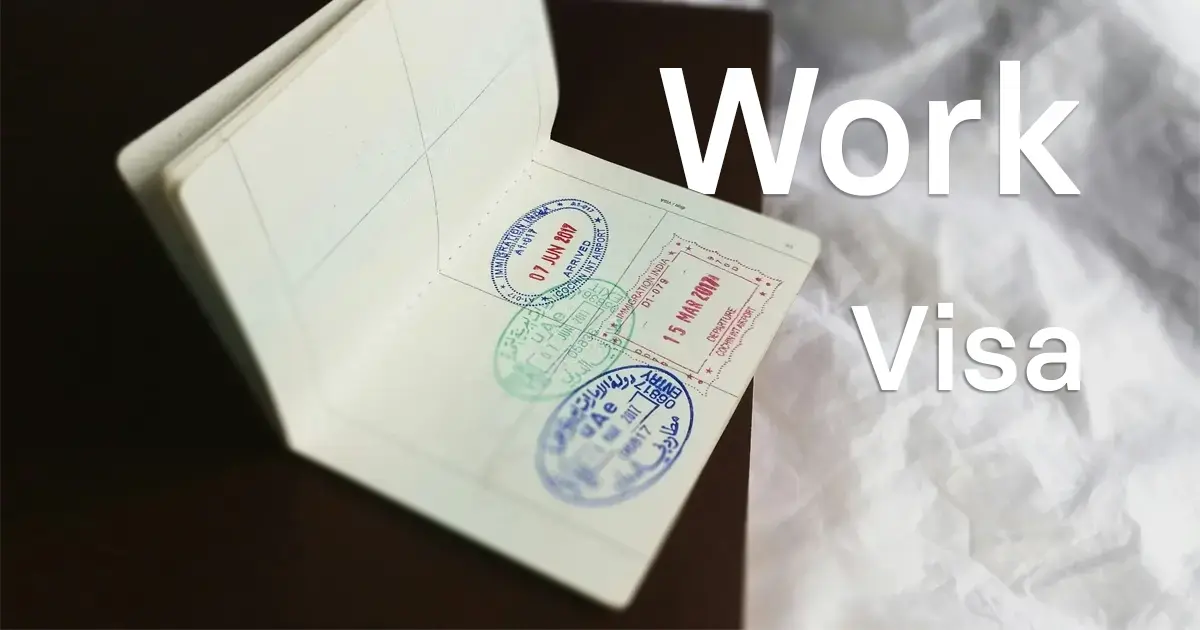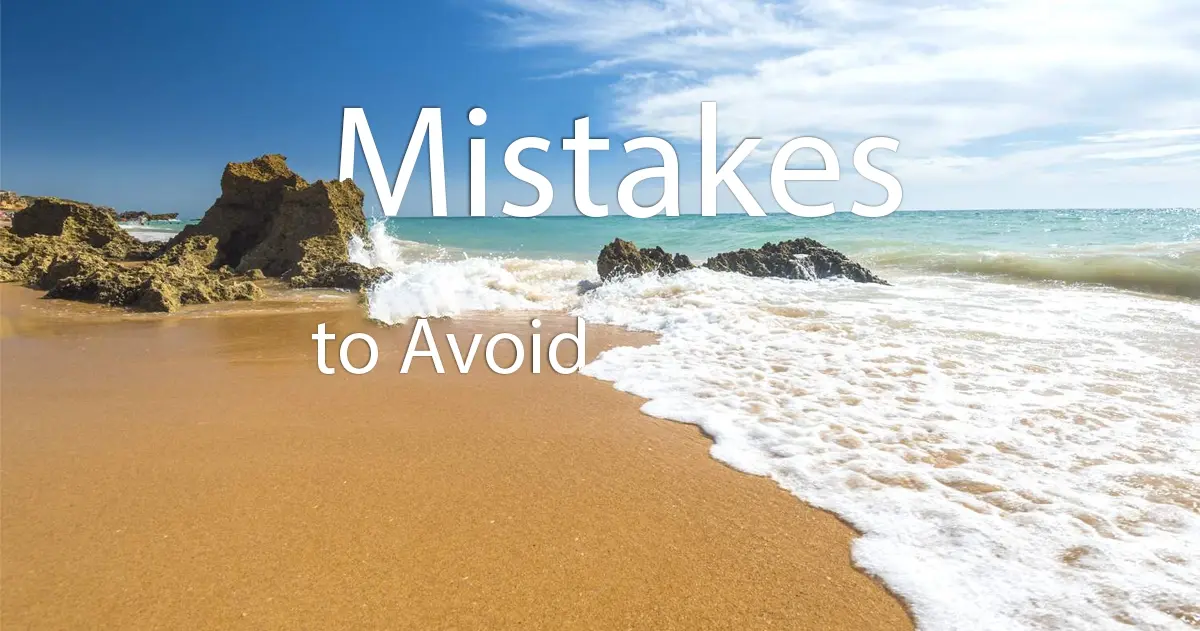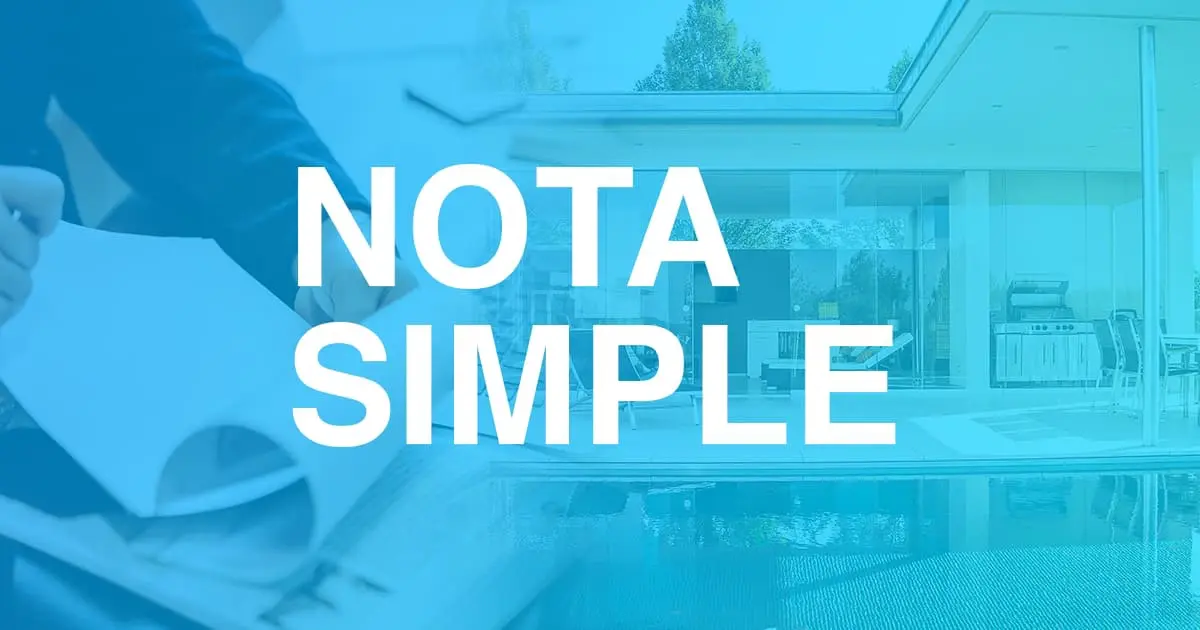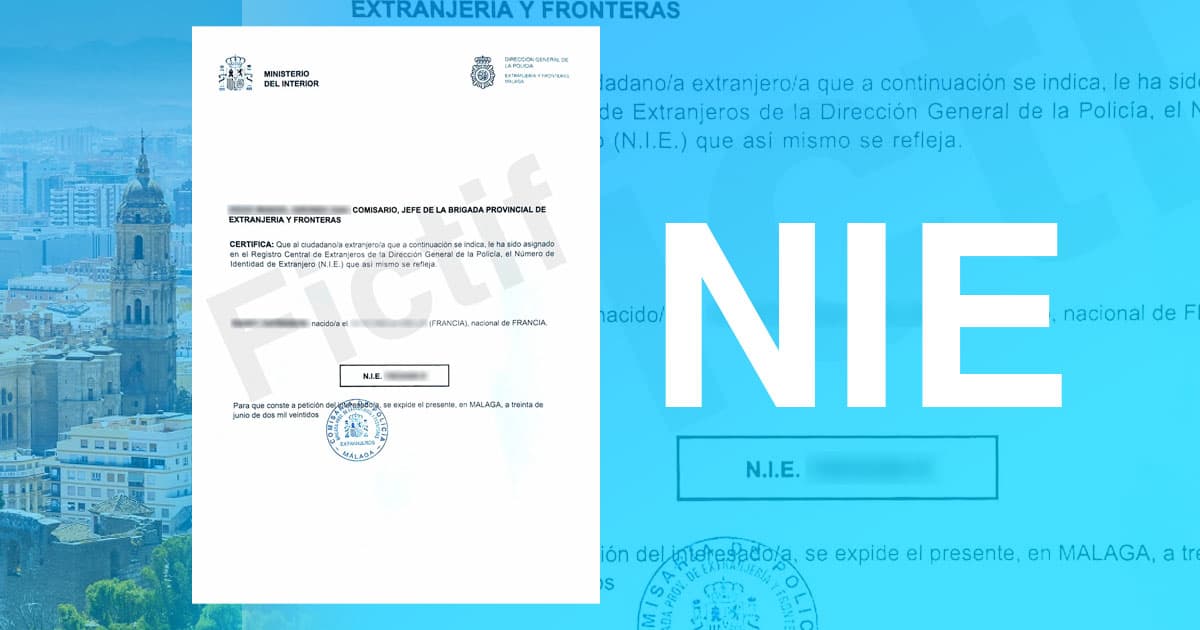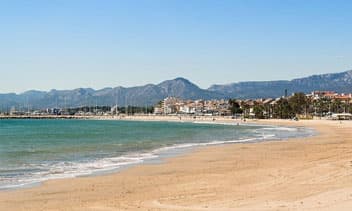Regulation
When buying property in Spain as a foreigner, it is crucial to understand exactly what the Spanish notary (notario) does — and what they do not do. Many international buyers assume the notary protects them...
In Spain, advertised property size often refers to the built area with shared spaces, which includes walls, terraces, and a share of common areas. In the USA, square footage only measures net habitable interior space, excluding garages, basements...
Starting in 2026, travelers from over 60 visa-exempt countries (such as the USA, Canada, the UK, etc.) will need to apply for ETIAS before entering the Schengen Area for short stays up to 90 days. The application will be online, cost €20, and be...
Here’s the short version: In 2025, building a swimming pool in Spain costs between €8,000 and €30,000 on average, depending on the type of pool (concrete, fiberglass, wood), size (typically from 4 × 3 m to 10 × 5 m), and features. A standard in-ground...
The cadastral reference in Spain is a 20-character alphanumeric code that uniquely identifies every real estate property. It’s used to locate the exact position of a property on the national cadastral map. Required in all official documentation — from...
Spain’s new anti-squat law, in force since April 3, 2025, allows for 48-hour evictions of illegal occupiers when caught early, and court-ordered removal in 15 days under fast-track procedures. Squatters no longer benefit from protections based on...
Spain's Digital Nomad Visa, introduced in 2023, allows non-EU remote workers and freelancers to legally reside in Spain while working for foreign employers or clients. Applicants must demonstrate a minimum monthly income of approximately €2,763...
In 2025, Spain offers strong job prospects for foreigners in tech, healthcare, education, tourism, and green sectors. EU citizens can work freely; non-EU nationals need the right visa. Most jobs are full-time with permanent contracts. Salaries range...
In 2025, non-EU citizens need a Spanish work visa to live and work legally in Spain. The best option depends on your situation: the Regular Work Visa is ideal if you have a Spanish job offer; HQP and EU Blue Card are fast-tracked for high-skilled...
Visas & Residency: Non-EU citizens need a visa before arrival. Overstaying the 90-day limit can lead to fines or deportation. Taxes: Living in Spain 183+ days/year makes you a tax resident, requiring worldwide income declaration. Wealth and...
If you're short on time but need the essentials, here’s a quick breakdown of the Nota Simple Registral in Spain: What it is: A property report from the Spanish Land Registry confirming ownership, debts, and legal status. Why it matters: Essential...
The non-lucrative visa offers several key advantages over not having a visa, especially for non-EU citizens who wish to live in Spain legally for an extended period. Without a visa, you are limited by short-term stay rules, whereas a non-lucrative...
Obtaining your NIE (Número de Identificación de Extranjeros) is essential for any administrative, contractual, or commercial activity in Spain, such as buying property, opening a bank account, or working. To get your NIE, schedule an appointment...
Since its launch in 2013, the Spanish Golden Visa program has offered non-EU nationals a pathway to residency through substantial financial investments, primarily in real estate. It became a popular option for investors looking to live, work, or travel...


